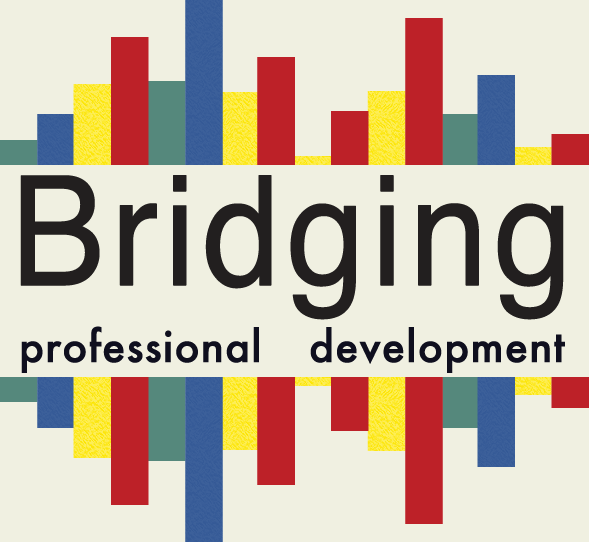|
|
|
Professional DevelopmentBridging provides middle school mathematics teachers with new materials and methods for teaching the Common Core practice of argumentation. We focus on three themes: Mathematical argumentation is the process of making conjectures, justifying them and making conclusions about their truth or falsity. Argumentation is called for in Common Core practice number 3: “Construct viable arguments and critique the reasoning of others.” Teachers emphasize that no student should be barred from participation in important disciplinary practices, regardless of their skill level, their prior test scores, and certainly not because ethnicity or income level. Argumentation is not just a skill unto itself, but helps students learn concepts. A lesson is not just about argumentation without content goals.  Teachers can learn simple but important methods for supporting students’ argumentation; for example, asking why or explaining norms of argumentation. Argumentation includes four parts:
 Both teaching and argumentation are improvisational activities, and methods from improv theater can be used to learn them. Effective classroom discussion is improvisational, because the flow of the class is unpredictable and emerges from the actions of all participants, both teachers and students. — Dr. Keith Sawyer, 2004 In the classroom, teachers will set improv games to norms and agreements:
|
||

